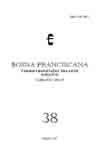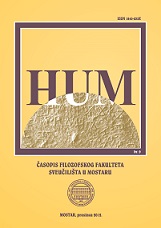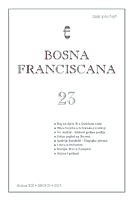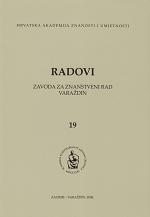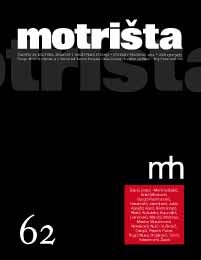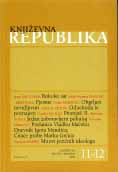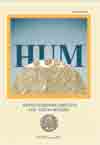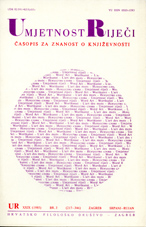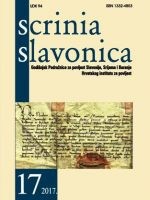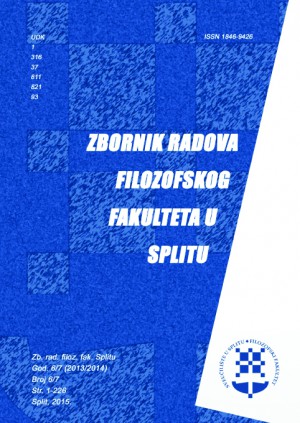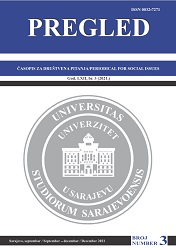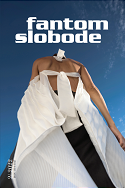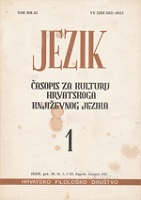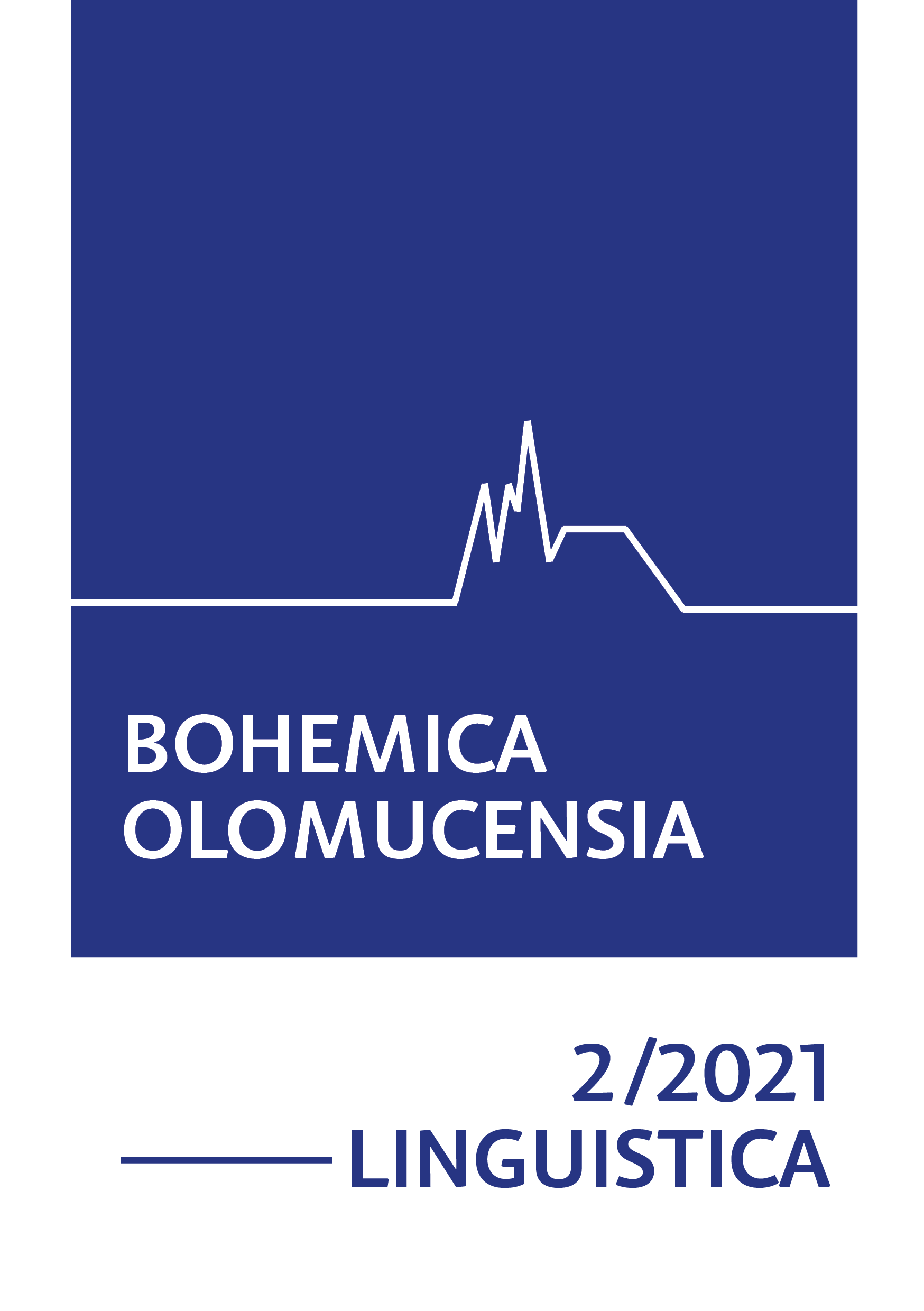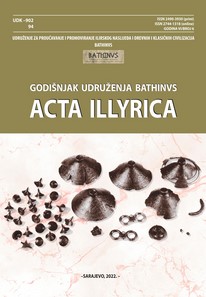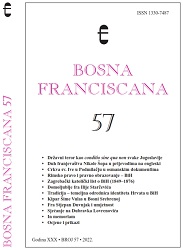Inscenacija djela Ive Andrića i kazališni festivali
Author(s): Srđan Vukadinović / Language(s): Bosnian
/ Issue: 62/2011
Keywords: Staging works; a theater festival; the only works of Nobel Prize winner South; slavic; the truth of fictional creation
One of the most important if not the most important event in the entire cultural history of Bosnia and Herzegovina is the award of the Nobel Prize for literature Ivo Andric (1961). The only South - slavic Nobel Prize winner including writers, takes place initially and is the only author from this region whose works are part of the world’s literary canon.
In the entire South – slavic cultural complex environm,ent in addition to literary importance and deserve special attention shaping theatrical works of Ivo Andric. Novels and other prose works the stage Andric formulated and presented at many stages throughout Bosnia and Herzegovina as well as the South – slavic area. The stage set up in manby theaters are works of Ivo andric, and its theatrical dimension to achieve the mission by takjing part in many theater festivals in Bosnia and Herzegovina. It should be noted that in addition to performances that were presented at the Bosnian F estival system works only Nobel laureate from the South – slavic area, when literature and art in questioin, presented and renovated the theater stage, and excluding the festival.
Theatre performances were done by three works of Ivo Andric, as follows «Legends of Anika», Signs of the road» and «Devil’s Yard». Participated in the aforementioned theatrical performance at the most important theater festivals in Bosnia and Herzegovina such as MESS, F estival Theatre / Theatre in Brcko, Theater / Theater games in Jajce, B H Drama F estival in Zenica, Theatre – festival in Banja Luka and Doboj, and Days of Matica croaten in Mostar and Theater days in Tuzla. The plays produced by theaters in Banja Luka, Zenica, and the National Theatre of Belgrade and Krusevac Theatre. Theatrical stagings, as a specific form of manifestation of a literary work is confirmed by all the grandeur and intime works of Ivo Andric.
More...
